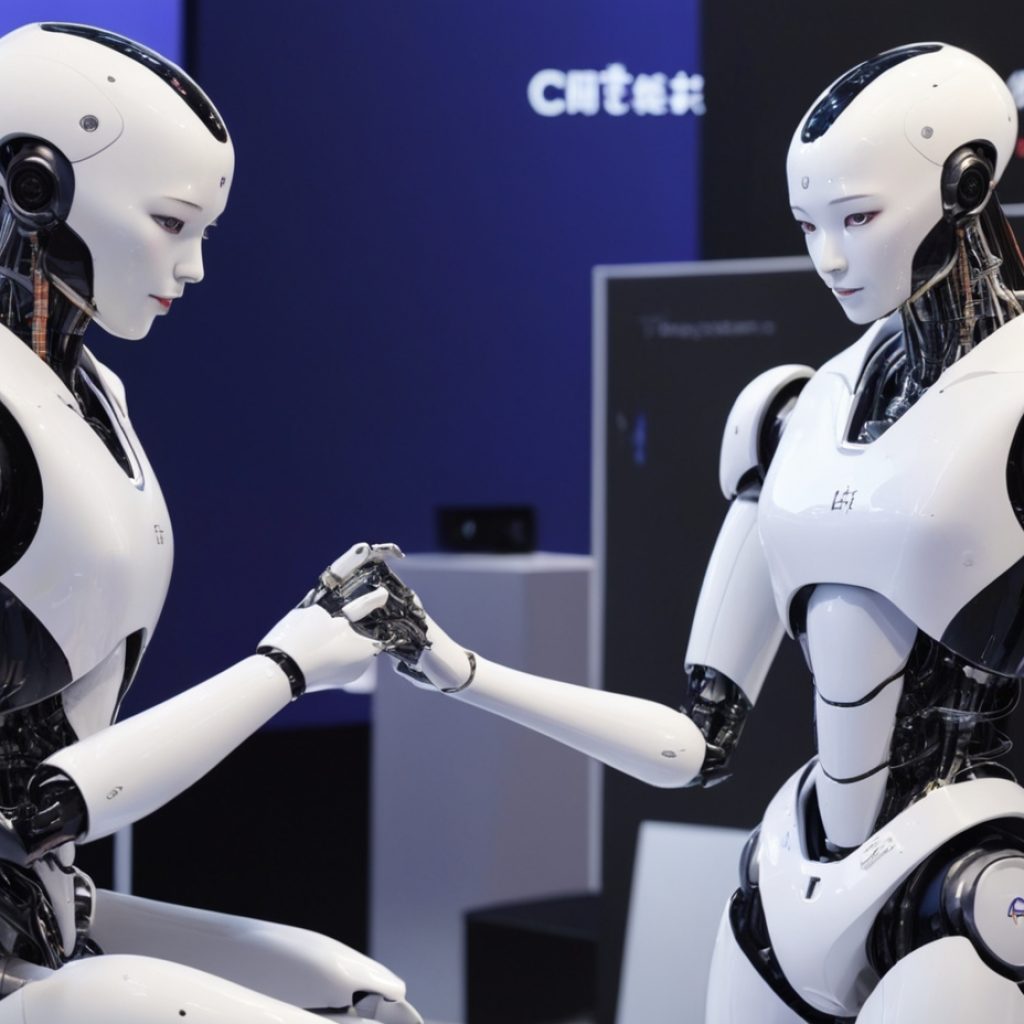Pope Francis has issued a compelling call for an international treaty to regulate the development and ethical use of artificial intelligence (AI). In his annual message for the World Day of Peace, the Pope emphasized the urgent need for AI to align with human values such as compassion, mercy, morality, and forgiveness. This appeal comes in the wake of concerns over the rapid advancement of AI technology and its potential risks.
Ethical Oversight Urged for AI
Pope Francis’s message underscores the significance of ethical oversight in the development and deployment of AI. He expressed admiration for the creative potential of human intelligence that AI represents but also raised critical concerns. The Pope’s message resonated particularly on the use of AI in the armaments sector, where he cautioned against the distancing effect of remote weapons systems from the horrors of war.
He highlighted the need for “adequate, meaningful, and consistent” human oversight of Lethal Autonomous Weapons Systems (LAWS), stressing that the moral and ethical decision-making inherent in human judgment cannot be reduced to algorithmic programming. Francis vehemently advocated against the promotion of war through new technologies.
Profound implications of AI on society
The Pope also warned about the profound societal implications of AI-driven automation. He expressed concerns over automated systems that categorize or rank citizens, with potential consequences for employment, immigration, and criminal justice. He emphasized that algorithms should not replace essential human values like compassion, mercy, and forgiveness, nor should they eliminate the possibility of personal growth and redemption.
Francis’s message aligns with his broader concerns as Pope, including denouncing social injustices, advocating for migrants, and ministering to marginalized individuals within society.
A global effort for ethical AI
The Pope’s message did not delve into specific details of a binding treaty but emphasized the necessity for global negotiations to establish ethical guidelines for AI. He argued that relying solely on technology companies to regulate themselves is insufficient. Instead, a global agreement is required to both promote best practices and prevent harmful consequences.
Pope Francis invoked the precedent of multinational corporations that have exploited Earth’s resources and impoverished Indigenous peoples, warning against yielding to selfishness, self-interest, profit, and power in the development and use of AI.
Global progress on AI regulation
The Pope’s call for a binding treaty comes on the heels of recent developments in AI regulation. European Union negotiators recently secured provisional approval for the world’s first comprehensive AI rules, which are expected to set a gold standard for governments considering their own regulations. These rules address various ethical concerns surrounding AI technology.
Furthermore, U.S. President Joe Biden unveiled an executive order in October that also seeks to address AI regulation and ethical considerations. These developments reflect a growing consensus on the importance of AI ethics and regulation at the global level.
Expert perspective on AI ethics
Barbara Caputo, a professor at the Turin Polytechnic University’s Artificial Intelligence Hub, highlighted the convergence of ethical issues and definitions in both the EU’s regulation and President Biden’s executive order. She underscored the significance of having a common regulatory base for AI production, suggesting that this is a substantial step toward ensuring ethical AI development.
As the debate over AI regulation intensifies globally, Pope Francis’s call for an international treaty adds a moral and ethical dimension to the discussion. The ethical oversight and consideration of human values in AI development have become critical priorities for governments, organizations, and technologists alike.
The Pope’s message serves as a reminder that while AI holds immense promise, it also carries significant responsibility. A global consensus on ethical guidelines is imperative to navigate the challenges and opportunities that AI presents to humanity. As technology continues to advance, the need for ethical AI remains a central concern that transcends national boundaries.





